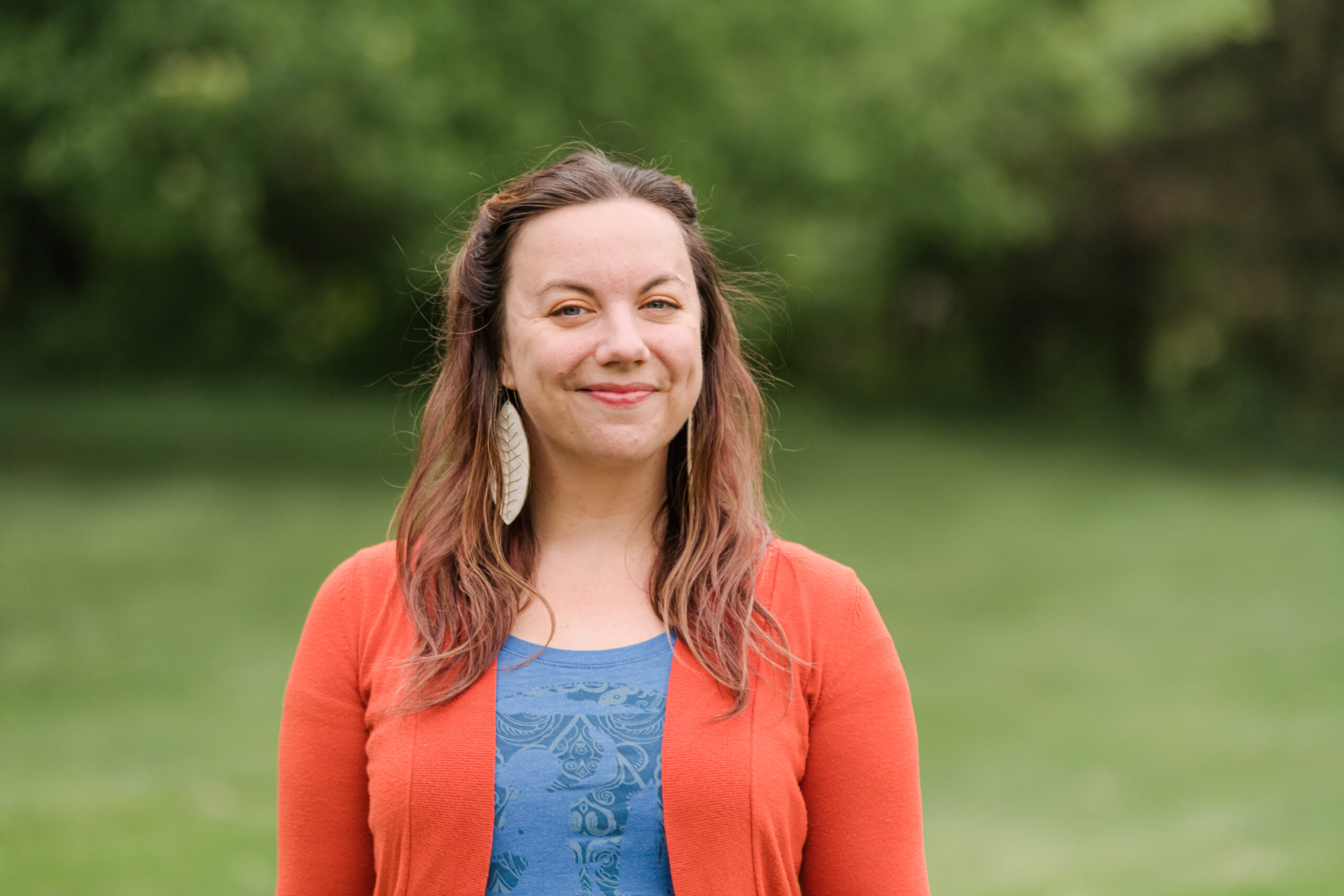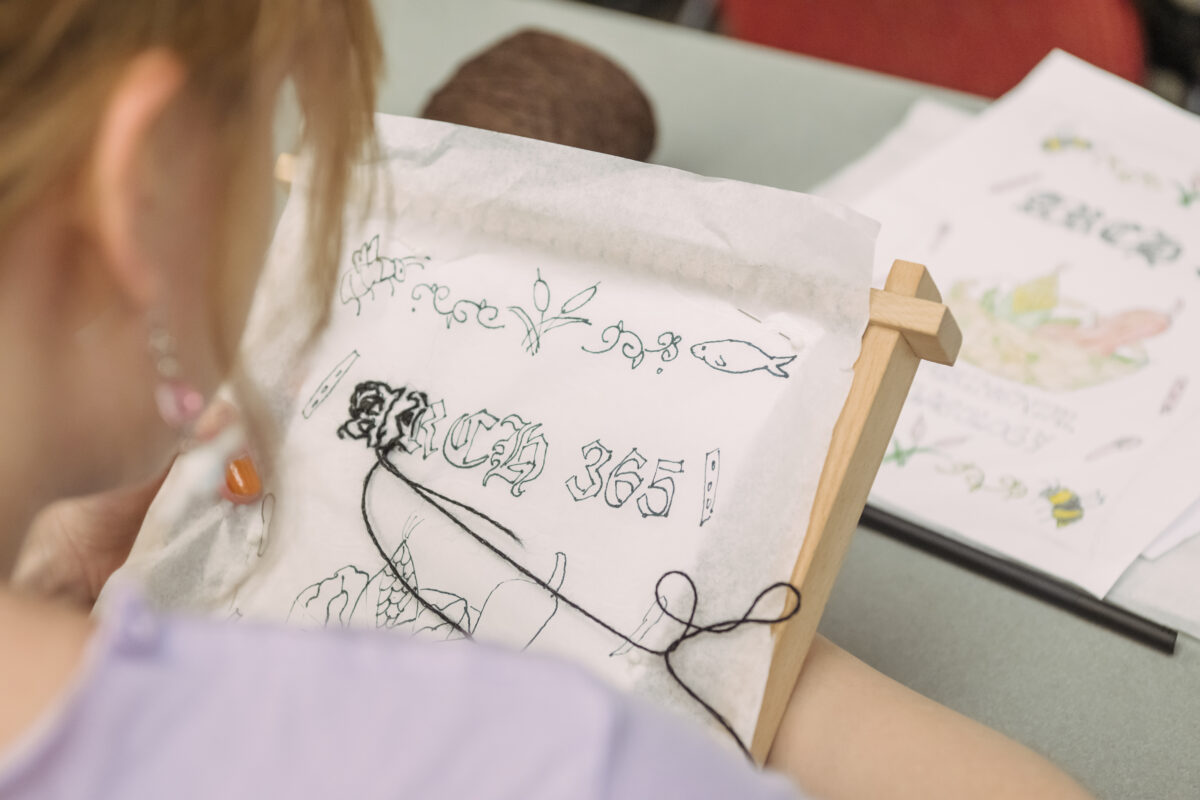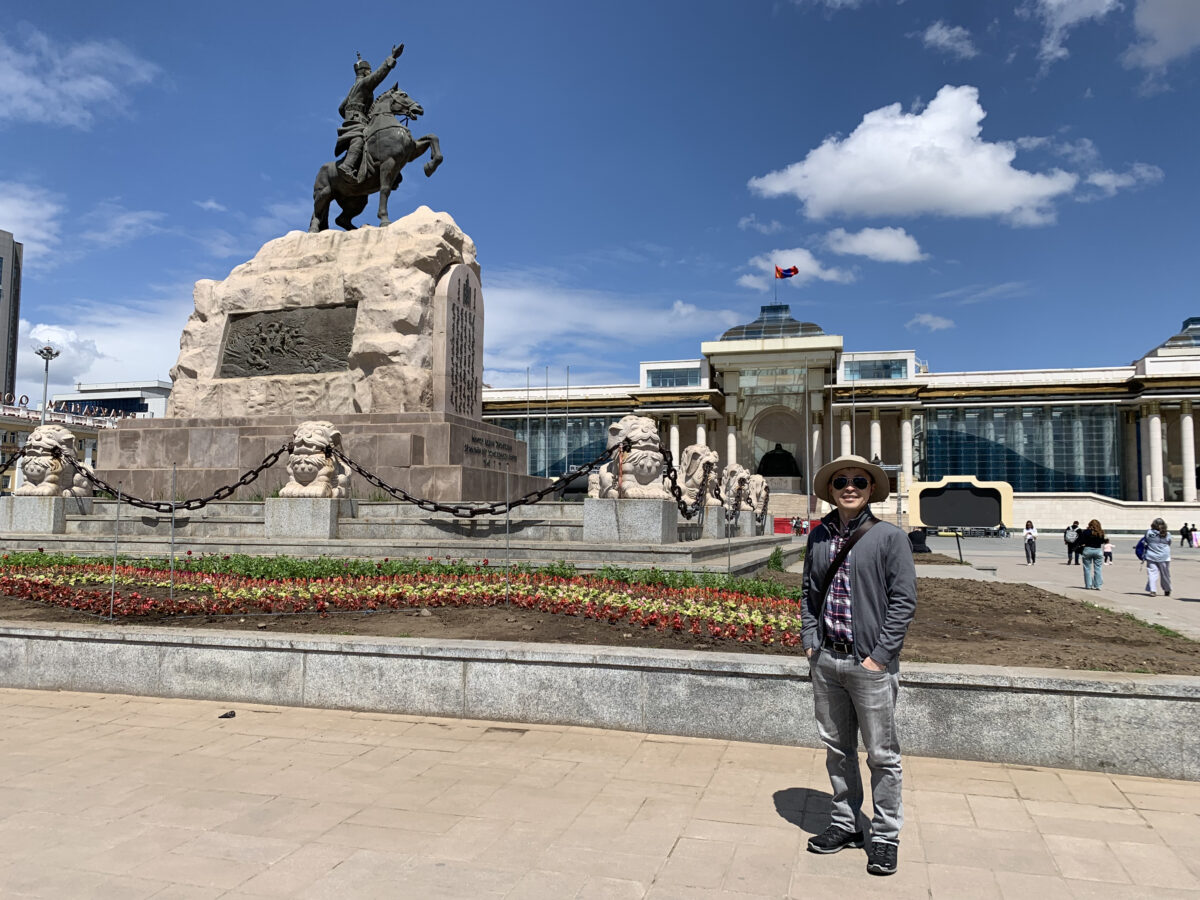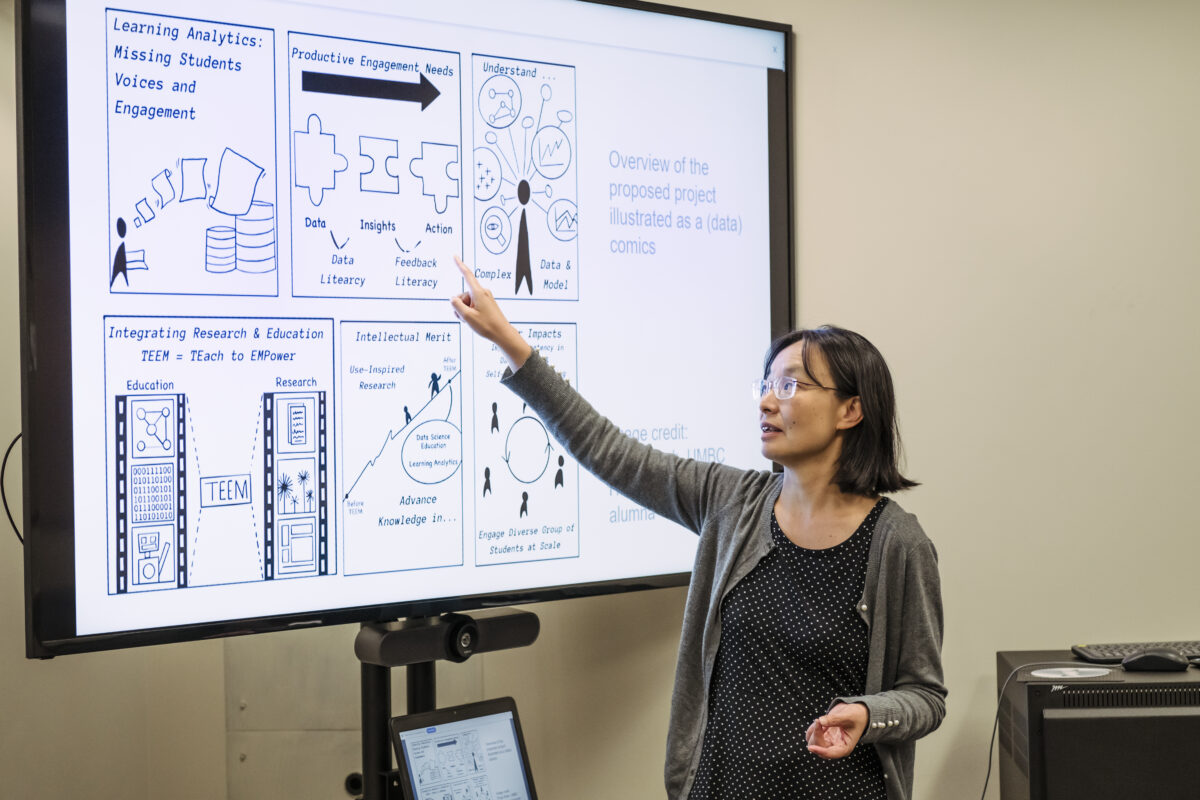Social, cultural, and scientific advancements have helped people live longer. Not only are people living longer, but they also have fewer children than at any previous time in human history. This shift will present a unique situation where there will be more older adults outnumbering infants and teenagers in about four decades. How will the world take care of this burgeoning population?
Christine A. Mair, associate professor of sociology and gerontology and director of UMBC’s Center for Health, Equity, and Aging in the department of sociology, anthropology, and public health, examines the presence or absence of family and non-family ties. Mair seeks to document how social integration and support (or lack thereof; e.g., “kinlessness”) shape mental health, physical health, end-of-life experiences, and other aspects of well-being especially cross-nationally.
“Many of these older adults will also be unpartnered due to never marrying, divorce, or their eventual widowhood. These three intersecting trends of high longevity, low fertility, and low partnership will culminate to produce a growing population of people who are both unpartnered and childless. This group is sometimes referred to as ‘kinless,’” Mair explains to Lynn Pasquerella, president of the American Association of Colleges and Universities and host of The Academic Minute, a daily show featuring faculty from colleges and universities worldwide speaking about their cutting-edge research.
UMBC’s Academic Minute series
Mair joined six other UMBC scholars this fall in UMBC’s first Academic Minute series, featuring the latest research in media and communication studies; modern languages, linguistics, and intercultural communication; language, literacy, and culture; philosophy; gender, women’s, and sexuality studies; and history. This series is republished on NPR podcasts and Inside Higher Ed.
Learn more about Christine Mair’s research:
- “Less is (Often) More: Number of Children and Health Among Older Adults in 24 Countries.” Journals of Gerontology: Social Sciences
- “End-of-Life Experiences among ‘Kinless’ Older Adults: A Nationwide Register-Based Study.” Journal of Palliative Medicine
- “Widowhood, Social Networks, and Mental Health among Chinese Older Adults: The Moderating Effects of Gender.” Frontiers in Psychology – Psychology of Aging
Learn more about UMBC’s program in sociology, anthropology, and public health.
Tags: Academic Minute, CAHSS, cahssresearch, Research, SAPH




